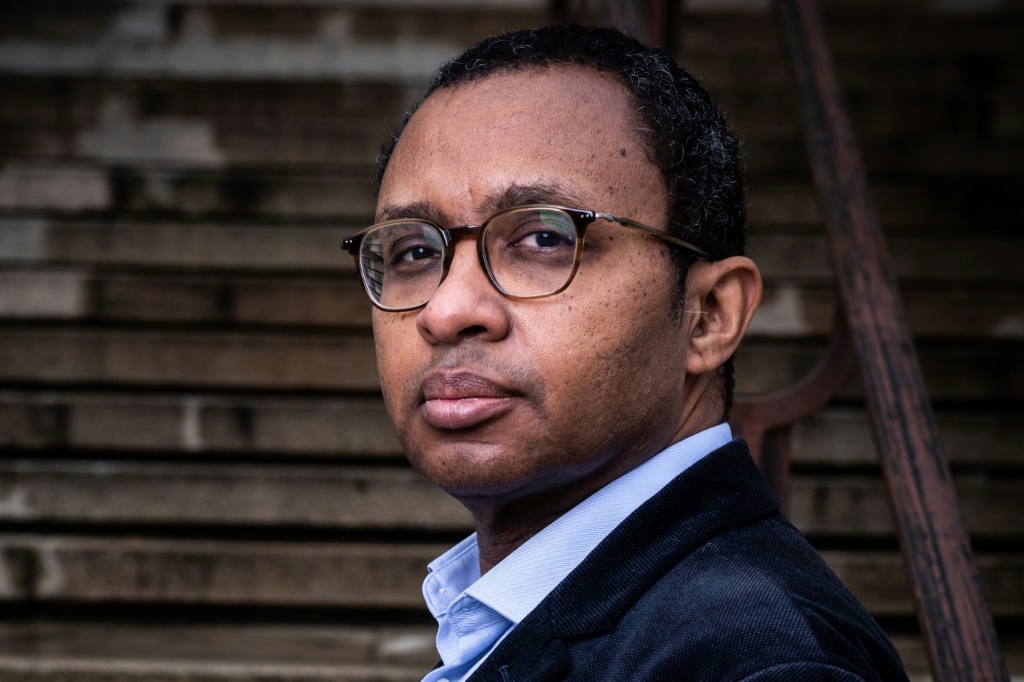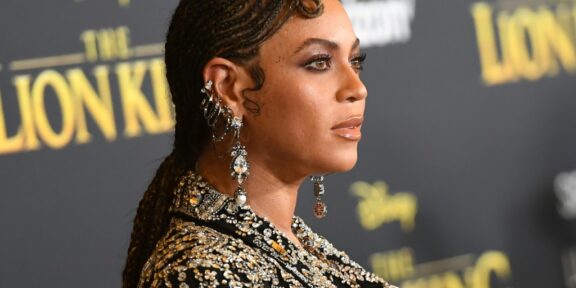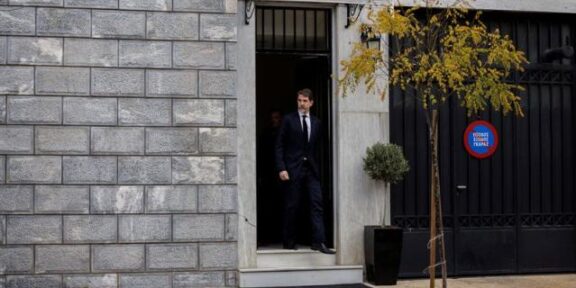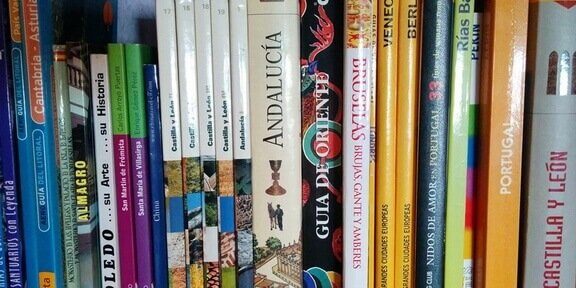Pap Ndiaye, a historian specialising in race relations, emerged as the surprise choice for French education minister on Friday and came under immediate attack from the far-right.

Whereas most of the top ministerial posts announced in President Emmanuel Macron’s new cabinet on Friday went according to script, Ndiaye’s nomination blindsided most observers.
His appointment carries on a tradition for Macron of taking prominent French personalities from outside politics to lead major ministries.
Ndiaye is a respected academic with an international profile, specialising in the social history of the United States and minorities, who was named to lead the Museum of the History of Immigration last year.
In his first public comments, the child of French and Senegalese parents called himself a “pure product of republican meritocracy of which school is the main pillar”.
He acknowledged that he was “perhaps a symbol, one of meritocracy, but also perhaps of diversity”.
“I don’t take pride in it, but rather a sense of the duty and responsibilities which are now mine,” he said.
– Break from predecessor –
As a left-winger, Ndiaye represents a decisive break with his rightwing predecessor Jean-Michel Blanquer and the two men’s views on race and discrimination are sharply at odds.
Blanquer has criticised the import of increasingly popular social science theories from the United States which seek to explain the impact of race and gender on poverty.
Blanquer has also been an outspoken critic of the Black Lives Matter movement and so-called “wokeism” which he has described as a threat to France’s democracy.
Ndiaye said he would start in his new job “with humility, with modesty, and with all of my energy and intelligent goodwill”.
But he came under immediate attack from far-right politicians who see anti-racism activists as soiling France’s image by seeking to highlight colonial crimes or discrimination.
Veteran anti-immigration politician Marine Le Pen called his elevation “the last step in the deconstruction of our country, its values and its future”.
The head of her party, Jordan Bardella, called him “a racialist activist and anti-cop”.
“Emmanuel Macron said he was going to deconstruct French history. Pap Ndiaye will take care of it,” commented fellow far-right politician Eric Zemmour.
– Historian –
Born outside Paris, Ndiaye was for many years a professor at the elite Sciences Po university in Paris.
“In the field of history, he is someone who has been innovative and able to show a new way of understanding the past,” said historian Pascal Blanchard.
“He’s a teacher who knows what it’s like to be in front of a class of students,” he told AFP.
“In a diverse society, it is important to have someone who is attentive to diversity.”
Ndiaye first gained national prominence with his 2008 work “The Black Condition, an essay on a French minority”.
“My objective was to provide arguments and knowledge as robust as possible to young people who lack solid references,” he told AFP in March 2021, when he took over at the immigration museum.
“It seemed to me that it was part of my role as a teacher to offer these foundations,” he said.
He said at the time that his appointment at the museum should open “the field of possibilities” to young “non-whites”, while emphasising that his appointment was due to a long career as an academic.
“I am not blind to, and don’t turn my back on, questions of symbol. I also apply the same to the colour of my skin.”
In 2019, he was a consultant for an exhibition at the Musee d’Orsay in Paris on black models, and in 2020 he co-authored a report on diversity at the Paris Opera.
His sister is the prominent French novelist and playwright Marie Ndiaye.
Some on the French left reacted with astonishment that the celebrated historian of social change was now in the government.
“I am amazed. I did not see him in there at all,” said Alexis Corbiere of the far-left France Unbowed party.
He said the “media stunt” would not defuse anger within the French education system.
SNES-FSU, the main secondary school teachers’ union, welcomed the appointment of Ndiaye “as a break with Jean-Michel Blanquer in more ways than one”.
But it also warned that education “is not governed solely by symbols” and that rapid responses were needed “particularly in terms of wages”.









